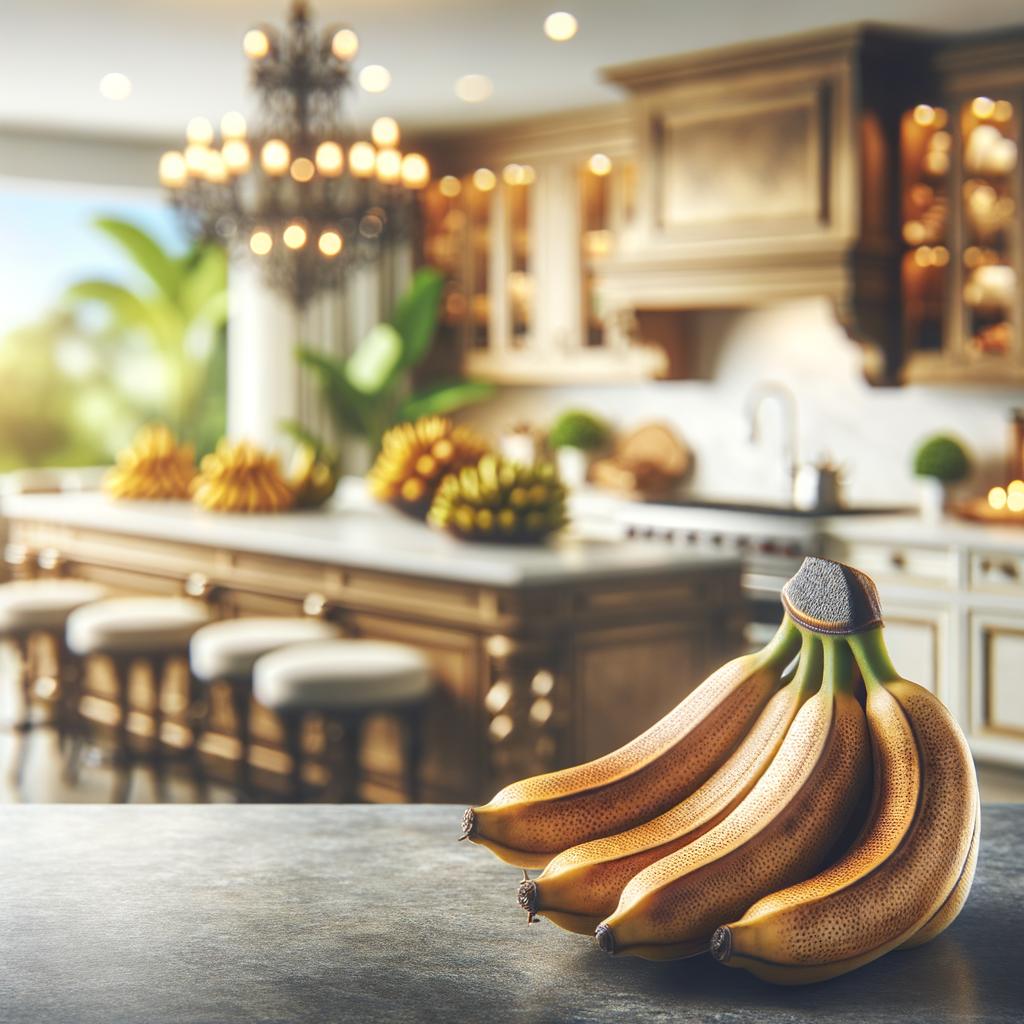Plantains

Description
Plantains, often referred to as the pasta of the Caribbean, are a tropical fruit that bear a striking resemblance to bananas. However, they are larger, tougher, and have a thicker skin that ranges from bright green to yellow to black, depending on their level of ripeness. When young, their flesh is firm and starchy, but as they mature, they become sweeter and their texture softens. Plantains have a unique flavor profile, a delightful blend of earthy and sweet, with a hint of tanginess that distinguishes them from their banana cousins.
Primary Uses
Plantains are incredibly versatile and are a staple in a myriad of cuisines, from Latin America and the Caribbean to Africa and Asia. They can be boiled, baked, grilled, or most commonly, fried. From savory tostones and mofongo in Puerto Rico, to sweet maduros in Cuba, and the Ghanaian staple, kelewele, spiced and fried plantain cubes, this fruit is a key component in countless dishes. Beyond the culinary world, plantains have been used in traditional medicine for their antimicrobial and anti-inflammatory properties. In some cultures, the leaves are used for wrapping food, while the fruit is used in religious ceremonies.
History
The humble plantain has a rich and romantic history. Originating from Southeast Asia, they journeyed across the globe, courtesy of explorers and traders, and found a welcoming home in the tropics. There, they became an integral part of the local cuisines and cultures. Over time, plantains have been used as a symbol of hospitality in certain African cultures, while in the Caribbean, they became a symbol of resistance and survival due to their ability to grow under harsh conditions. The story of the plantain is one of resilience and adaptability, much like the people who have cultivated and consumed them over the centuries.
Nutritional Information
Plantains are a powerhouse of nutrition. They are rich in dietary fiber, vitamins A, C, and B6, and the minerals magnesium and potassium. They are also a good source of complex carbohydrates, providing a slow release of energy. Compared to bananas, plantains have more than three times the amount of Vitamin A, which is essential for vision and immune function, and twice the amount of Vitamin C, a powerful antioxidant. However, it's worth noting that plantains are higher in calories and carbohydrates than bananas, so they should be consumed in moderation as part of a balanced diet. Despite this, their impressive nutritional profile and their ability to keep one satiated for longer periods make them a valuable addition to any diet.

